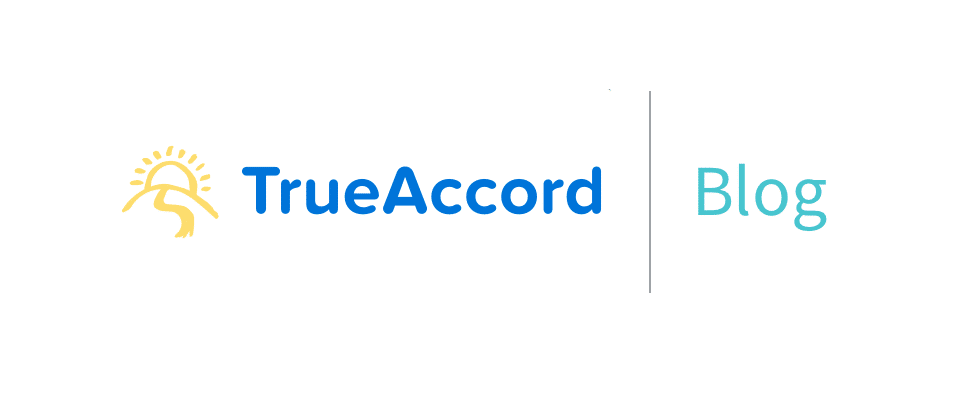

We know scammers roam free on the web, and we know they use people’s innocence to extort them for money. What’s easier than calling people in a tough spot and get them to pay you money they don’t really owe? It’s an ugly phenomenon. It’s also the reason why we always get our business customers to introduce us to their customers when a recovery process begins – there’s so much to worry about, why have to worry whether you’re being scammed?
Turns out it doesn’t stop there. Some of these scammers would rather not do the dirty work themselves, and they’re looking for someone to do it for them. We never imagined it works that way in recovery services, so imagine our surprise when we got an email from a previously unknown connection, providing us with the details of a debtor and a debt and urging us to work on it. Pretty aggressively so, I must add.
We won’t disclose private information so there’s not much we can say about Mr X, the alleged debtor. A quick investigation exposed the scammers, and we’re hopeful that Mr X won’t be troubled by fake collection calls. Given how easily his information was given, we’re concerned it’s not the last he’ll hear from fake collectors.
This case raises an important issue. People trade personal information too easily. Who knows where his customer’s details got exposed; too many companies feel that consumers’ information isn’t worth protecting once they owe money. This couldn’t be farther from the truth; if anything, sensitive information must be protected more rigorously when its discovery might embarrass consumers. Apparently, some players don’t care and will use any chance they have to make a dime. Luckily, this time they emailed the wrong company.
Finally, here are some words of advice:
- Contacted by a collector? Make sure you understand who that company is and how the debt was placed with them. One of the things we allow consumers to do in many cases is settle directly with their creditor, reducing their concern with paying us directly, before they get to know us.
- Got a suspicious email? Search for it online. Many scam catcher websites will warn you about common scams.
- If your identity was stolen or information about you is publicly available without your consent, it could be a violation of the law. Read about identity theft in the FTC’s website, and be vigilant about sharing your information with risky websites.
Did you get fake collection calls or emails? Tell us!